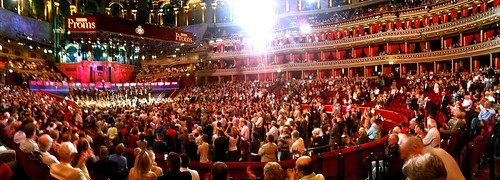6 Music ran a lovely series of programmes about this year’s Mercury nominees. They did a simple thing and recorded the artists introducing the tracks, describing the inspiration and the creative process for each song. It’s like watching a movie with the director’s commentary switched on. Superb night-time radio (and unimpeachable public service output – could a commercial network play out a whole album in this way?).
If you can lay your hands on a copy (it’s gone from the 6 Music site) listen to the episode featuring the XX. And not just because you’ll hear the quiet and entirely unjaded voices of THE FUTURE but also because you’ll learn something about the creative process that you’d have missed if you’d listened to the unglossed album a dozen times.
Many completely disarming glimpses of the teenage creative process – a keyboard bought for £3 on eBay, at least one song composed when Romy and Oliver were sixteen, the kind of completely obsessive attention to detail that must have had their parents typing ‘OCD’ into Google. And something about the epic luck of finding someone you can work with when young, and just clicking. They’re a quietly inspiring pair: I hear the kind of generosity and trust that makes a collaboration bulletproof.
And there’s also something here about A&R and a supportive, courageous creative context. I don’t know much about Young Turk/XL but to have given these rather unprepossessing kids the keys to the studio while barely out of school was a fantastically smart and open-minded thing to do. There’s the value of the whole, creaking, benighted music business in a nutshell, if you ask me.
Now watch them split up just after I click ‘publish.’
Picture by jamieleto. Used under licence.




